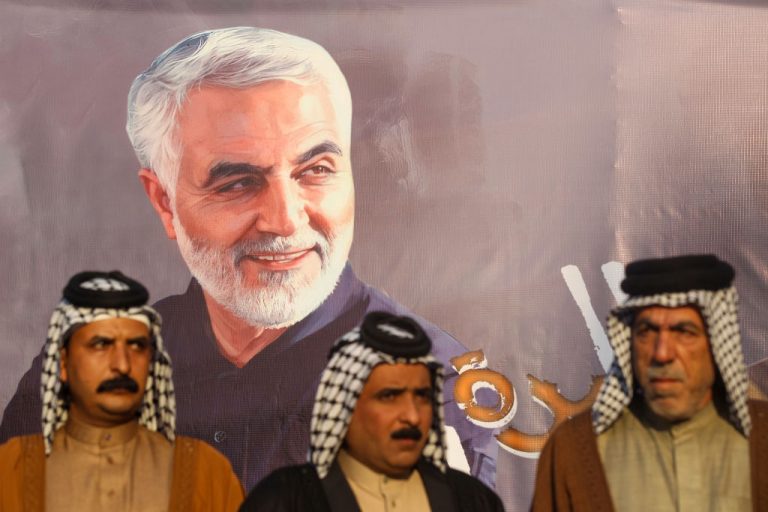As this year marks the 50th anniversary of relations between Communist China and Iran, the two nations signed a 25-year deal that China referred to as the “Comprehensive Cooperation Plan.” The deal is estimated to be worth $400 billion in Chinese investments that involve massive exports of Iranian oil.
Foreign ministers Javad Zarif and Wang Yi signed the deal on March 27 in Tehran, further strengthening already close ties between Iran and the communist regime. The deal was five years in the making. In 2016, the two countries had the stated goal of expanding trade to $600 billion in what they referred to as a comprehensive strategic partnership.
The deal covers political, strategic and economic components and comes at a time when Iran is suffering from crippling unilateral sanctions applied by former U.S. President Donald Trump. In February, Iran rejected an EU invitation to talk with the U.S. about signing back on to the Joint Comprehensive Plan of Action. Iran refused to meet unless the U.S. relieved some of its sanctions, which left the countries in a stalemate. Some believe the new China-Iran deal will weaken U.S. leverage over Iran.

Erielle Davidson and Ari Cicurel from the National Interest, in an article titled China’s Iran Deal Is Just the Beginning, felt that, “The immediate impact of the deal, thus, might be China unintentionally facilitating further Iranian nuclear enrichment. But its destabilizing effects are unlikely to end there, for China’s interest extends across the region…China’s activities in the Middle East present a risk to the United States because China plays the field in a wholly realpolitik fashion—it may support America’s enemies (see Iran) or it may court or attempt to court U.S. allies (see Israel).”
“Beijing has no allegiances. It seeks both to strengthen U.S. adversaries or steal its traditional partners.”
Success
You are now signed up for our newsletter
Success
Check your email to complete sign up
Former Chinese Ambassador to Iran, Hua Liming, said in an interview with South China Morning Post, “Both China and Iran are interested in promoting their close ties publicly, which has reflected a changed reality. As China cares much less about what the U.S. thinks, we will no longer be restrained by those largely self-imposed restrictions on fostering close ties with Iran.”
Hua also mentioned that within the past months, communist China’s oil imports from Iran have grown in the face of U.S. sanctions.
The Wall Street Journal reported that, “China is expected to import 918,000 barrels a day from Iran in March, the highest volume since a full U.S. oil embargo was imposed against Tehran two years ago.”
British writer and analyst of politics and international relations Tom Fowdy called the deal, “the start of a tricky Middle East balancing act” for China, in an RT op-ed
Fowdy claimed, “The goal is not to create a new order in the region, which Iran has long sought to do in frustration at American containment, Chinese support may offer it incentives for it to exercise restraint even if it enables its capabilities on the other hand. This sets Beijing on the tightrope of a balancing act.”
“Irrespectively, the new deal will alter the global balance of power and make it increasingly difficult for America to put pressure on Iran the same way as before.”
Dina Esfandiary, senior adviser at the International Crisis Group and co-author of a book on Iran’s relations with China and Russia expressed a similar opinion to WSJ, “The agreement with China sends a signal that it has strong allies, including a country with a permanent seat on the United Nations Security Council… But the partnership has limits… and won’t change the way China does business in the Middle East.”
Follow us on Twitter or subscribe to our email list














